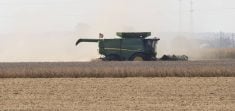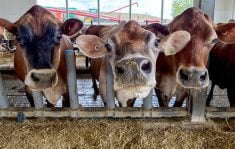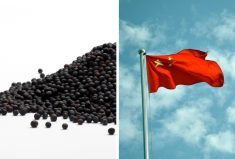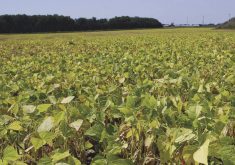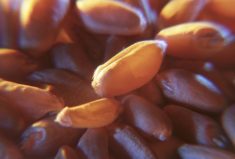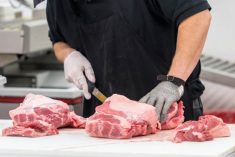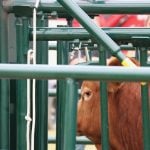staff / A World Trade Organi-zation panel’s ruling criticizing the U.S. government’s country-of-origin labelling (COOL) law is now under appeal from both sides of the table.
The WTO last week reported receiving formal notice that Canada, like the U.S., plans to appeal parts of last November’s ruling from the WTO Dispute Settlement Body (DSB).
The U.S. filed its appeal on March 23, seeking to overturn the DSB’s ruling that COOL violates Washington’s WTO obligations and does not fulfil its legitimate objective of consumer education.
Read Also

Canadian Cattle Association names Brocklebank CEO
Andrea Brocklebank will take over as chief executive officer of the Canadian Cattle Association effective March 1.
Canada, however, wants to shut down the part of the DSB’s ruling that implies COOL’s main objective was legitimate in the first place.
Canada’s appeal, dated March 28, disputes the DSB’s view that the panel was supposed to identify a potential objective of COOL rather than its actual objective.
It also disputes the DSB’s finding that COOL’s objective is legitimate within the WTO Agreement on Technical Barriers to Trade.
Canada alleges the DSB panel failed to make an “objective assessment of the facts demonstrating that the objective of the COOL measure is protectionism.”
If, on the other hand, COOL’s objective isn’t actually protectionism, Canada claims the DSB “erred by failing to define the objective at a sufficiently detailed level.”
Alternative measures
If the WTO’s Appellate Body rejects the DSB’s finding that COOL fails to fulfil a legitimate objective, Canada then wants a ruling from the Appellate Body stating “there are less trade-restrictive alternative measures” the U.S. could use to meet COOL’s objective.
If such alternative measures are available to the U.S., Canada says, then COOL violates the Agreement on Technical Barriers to Trade.
The DSB panel ruled in November that COOL is “inconsistent with the United States’ WTO obligations” and unfairly affords “less favourable treatment to imported Canadian cattle and hogs than to like domestic products.”
The Canadian Cattlemen’s Association has said it expects an oral hearing before the Appellate Body on the U.S. appeal to happen later this month or early May. The Appellate Body generally has up to three months to finish a report after such hearings.




